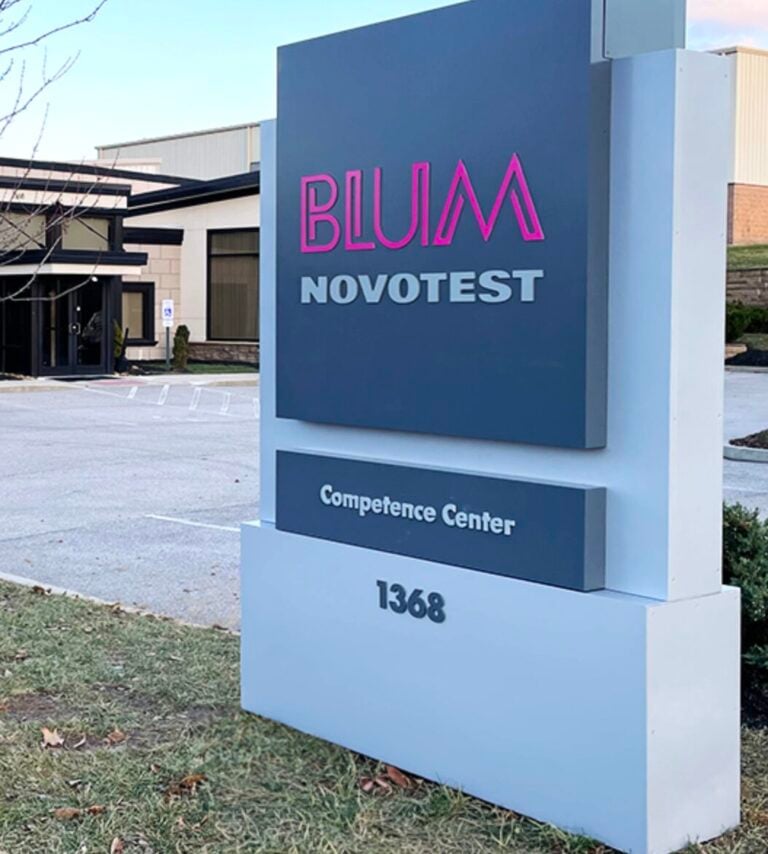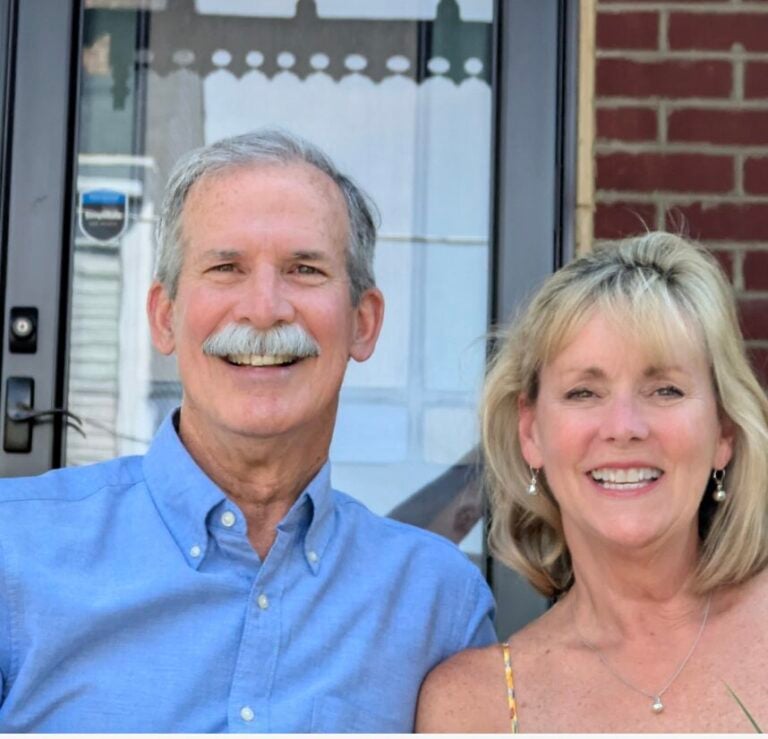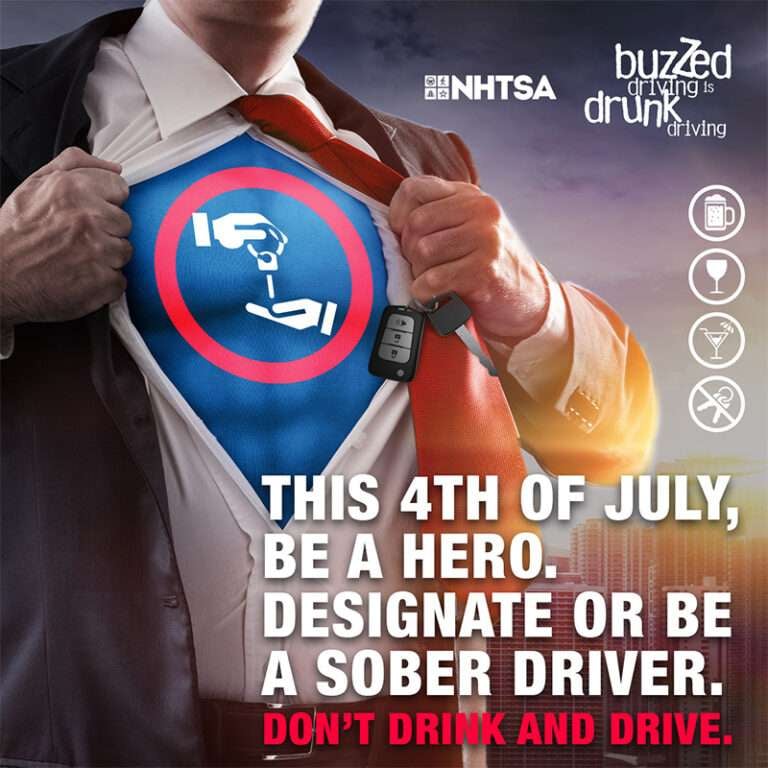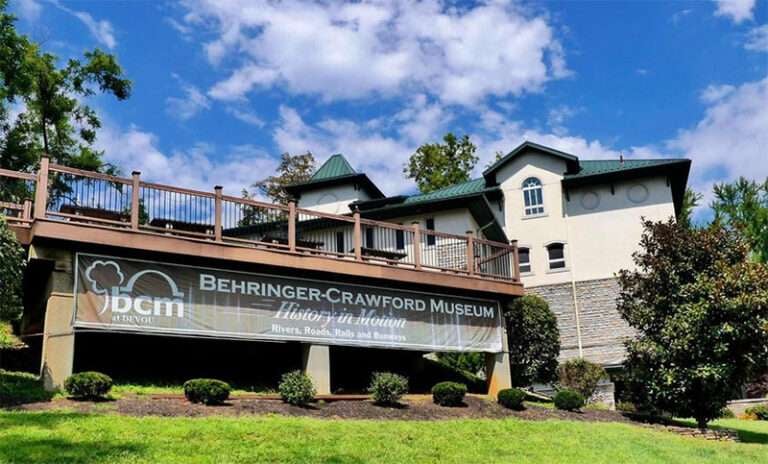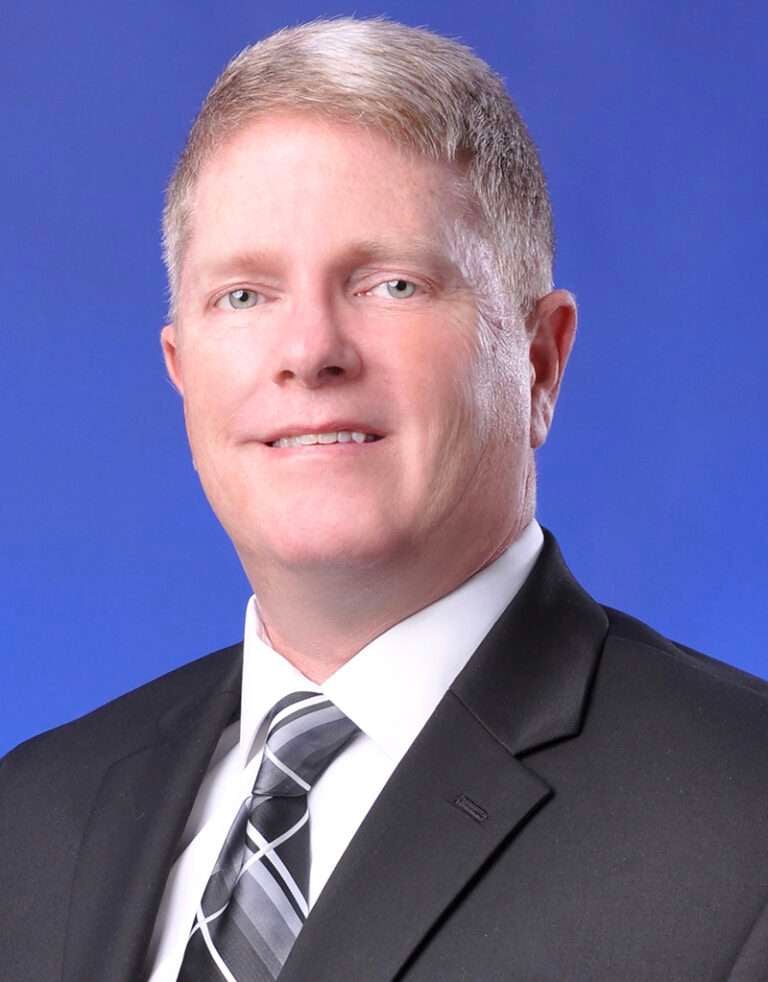The vast majority of Cincinnati-Northern Kentucky residents know that medical experts define addiction as a disease, but slightly more than one out of every two locals who responded to a Center for Addiction Treatment (CAT) questionnaire still place blame on people with addiction.
In a true-false questionnaire from CAT, 81% of responding residents correctly answered that the American Medical Association (AMA) defines addiction as a disease.

But 51% of local respondents replied that it’s false to say people with addiction shouldn’t be blamed for their condition.
CAT, a non-profit facility located near downtown Cincinnati, is one of the region’s longest operating addiction treatment centers. CAT obtained 279 completed responses to a questionnaire fielded on Facebook to residents of Cincinnati and Northern Kentucky zip codes. In other key results:
33% answered true to the assertion that addiction is NOT a disease because it’s caused by an individual’s choice to use drugs or alcohol
82% said it’s true that people with addiction should be accountable for their condition.
Medical experts say a combination of factors accounts for the likelihood that a person will develop addiction. They cite genetic predisposition, involving brain and body functioning changes that may pre-exist, and exposure to risky substance use, often at times of critical brain development. People don’t choose how their brain and body respond to drugs and alcohol, the experts say.
“It’s critical that society gains a better understanding of addiction,” CAT Vice President of Clinical Services Mike Rosen said. “The lack of knowledge leads to erroneous beliefs that ultimately hinder access to essential treatment,” he said.
“The staunch belief that addiction is simply a moral failing, affliction of weak will, or a character flaw ignores an imperative truth: that these are people suffering with a real illness,” Rosen said. “And until this fact resonates in the hearts of family members, friends, employers, faith-based organizations, law enforcement, judges and other elected officials, and even treatment providers, we as a community cannot expect to make any ground in resolving this epidemic.”
In more sympathetic questionnaire responses:
84% said it’s true that some people from birth are more likely to become addicted to drugs or alcohol
78% answered false to the assertion that addiction is not a disease because some people with addiction get better without any treatment.
Also in their responses, 86% of area residents said people suffering from addiction should always seek professional treatment, and 70% replied false to the assertion that enough money already is spent on addiction treatment. Ninety percent of respondents said they have personally known someone who suffered from addiction.
The questionnaire was distributed to respondents in late November and early December 2018.







